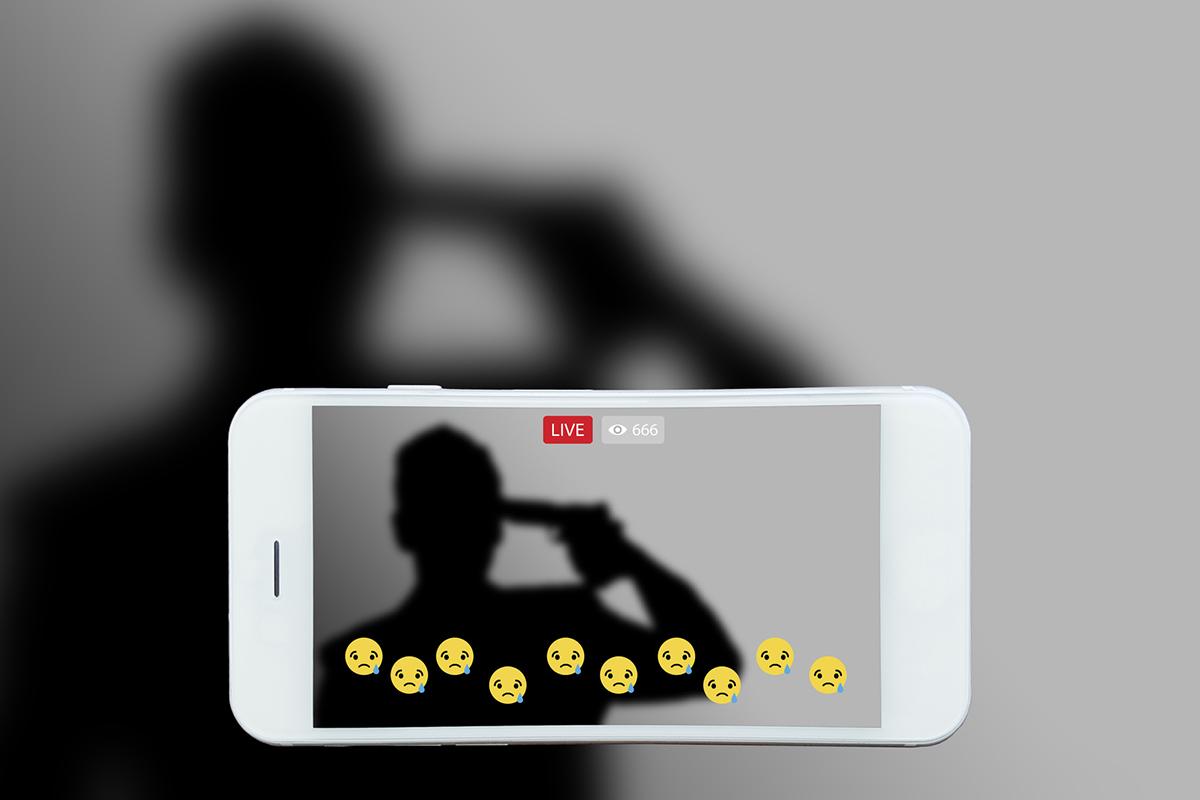Are native retail apps dead? That is the question posed by research out this week from Vanson Bourne and WP Engine that finds that a large majority of IT and marketing experts across industry sees apps as costly and slow to develop – instead seeing distinct advantages to using Progressive Web Apps (PWAs) and AMP (Accelerated Mobile Pages) instead to create a mobile presence.
This is all well and good – and personally I think all businesses should be looking at building PWAs or instigating an AMP strategy to give a fast and app-like experience to their websites. But do away with apps all together? That is a more tricky question.
Apps, as we all know, can be beautiful, engaging and really rich in what they deliver in terms of UX. They can showcase more what a retailer is about that even a store, in many ways, and can send out push messages to users.
They are also the gateway to letting users sign up and manage their experience, payments, orders and more.
However, they are costly to develop and even more costly to maintain and update. Against a backdrop of many apps being downloaded then never used or used once or twice, this doesn’t make business sense.
That said, Google searches now bring up app results and your device will, if you have the app, ask you if you want to fire that up when looking to hit a retailer website from a search – so the discovery and re-use issue is somewhat abated.
But are native apps dead and can web apps really take their place or, as ever, should both be run side by side for different slices of the clientele and for different reasons?
The Vanson Bourne report seems to imply that with 80% of IT, R&D and marketing professionals saying that apps are too much of a costly faff, you’d be forgiven for thinking that the app bell has tolled. But let’s not write apps off so soon.
Native apps that are the bedrock of daily life – messaging, calling, social media etc… – will prevail without question. Some retailer apps are also likely to be so frequently used (Amazon for example) that they too are the default for shopping. Of the others, well, it all depends how good they are and what they do.
While the web is now ubiquitous on mobile that app usage is waning, getting your app to be someone’s go to app for that particular service or type of goods depends on how good it is. If it is thought through, functional and works really well then, chances are, it will be used.
Most shoppers won’t use all the apps available to them, but they might use yours if it does something really useful. Seamlessly trying to offer nearest store with the goods the shopper wants – and then a link to book an Uber to get there (this is already being done in Indonesia) – then you might just be the winner.
Also, apps are starting to mean different things. Native apps on a smartphone may be on the wane, but what about your voice app on Google Home or Alexa? This area is of growing importance to retailers – particularly Google Home, as this tech works on a smartphone as well as a smart device – and is perhaps how the app (and maybe the whole way we interact with the web) is going.
Don’t give up on apps just yet.
Image: Fotolia










